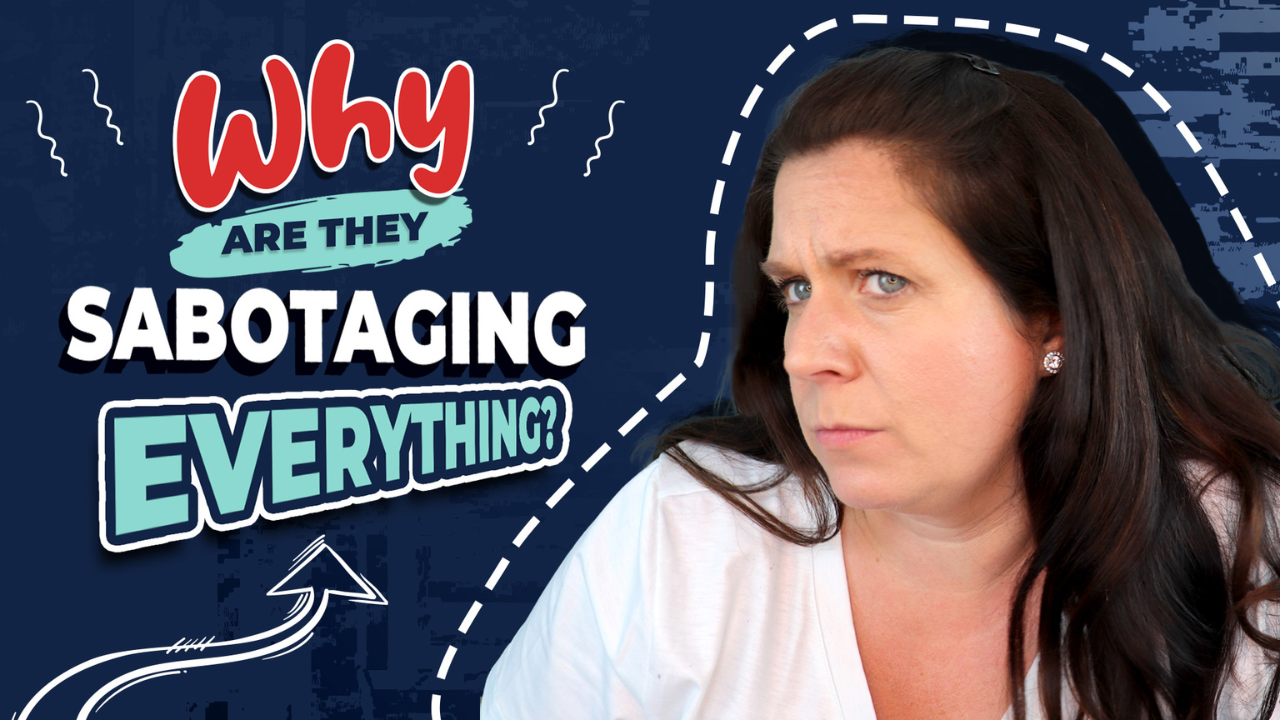Helping People Overcome Addiction: What I Discovered After YEARS of Struggle...

After many years of running a program, these are my top three takeaways on being effective at influencing someone to get sober. But, of course, this first thing is the most important: you can get someone sober much faster if you focus on building them up versus tearing them down.
#1 factor in influencing someone to get sober
When someone is destroying their and their family's lives, it's our instinct to tell them, "Hey, you're messing things up. You're making bad decisions. You're ruining your life and your family's life." So you want to show that to them because if they can see what a disaster this is, so they will make a different decision. But, that doesn't work because the addiction impacts the motivation centers of someone's brain. So using regular old motivation techniques will not work with someone with a substance use disorder. Not only will they not work, but they will probably backfire on you.
In my experience, you have to build someone up enough to have the strength to address the problem because addiction feeds on shame, insecurity, doubt, depression, and anxiety. Tearing someone down and making them feel worse is the opposite of what you must do to help someone get better.
#2 factor in influencing someone to get sober
The second crucial thing I learned in my first several years as an addiction counselor is that it's essential to help someone build a recovery plan based on their personality and strengths. As I said before, most programs have an objective, one-sided view on how to get recovery, and as you can imagine, that one-sided view only works for some.
When you take a deeper look at who someone is, what their strengths are, what their core motivators are, what their roadblocks and maybe even their weaknesses are, then you can build a program that works for them, a program that they're going to be a lot more likely to engage.
It helps a person feel seen, heard, and understood, and allowing them to have some input into what they think will be helpful goes a long way toward getting them to engage and follow through with the program.
#3 factor in influencing someone to get sober
After those first years of treating people with addictions, the last most important thing I've learned is that you have to get their family involved. And I'll admit that this is a lesson I learned because I finally figured out that I didn't have all the answers, couldn't fix it, and would need a team if I had a chance of getting anywhere.
- The brief overview about why having the family involved is so important, as you can imagine, is because the family is more likely to tell you all the stuff about what's going on behind the scenes.
- Secondly, even though families don't mean to do this, what they're doing sabotages what I'm doing as the counselor. And so I need to help them understand what's going on on this side of the fence so we can all align and go in the same direction.
- A third important reason to have the family involved is that the answer to addiction is connection. There's usually so much turmoil, chaos, resentment, and bad feelings between a person struggling with a substance use disorder and their family. All of that chaos is, again, fueling the addiction.
Building trust and recreating the connection is essential because that is a massive part of the healing process. So many people and families spend tons of time and money on all the wrong resources. And if you would take the time to get a good assessment about what's going on, not only just with the addiction, but who this person is, what their strengths are, what their motivators are, and maybe what's standing in their way, then you can create a much more strategic plan for moving forward.
This is why we started doing more in-depth assessments with our clients, including strengths testing, personality testing, and substance use disorder assessment. It would help if you had the whole picture to get someone on the right track. So if you'd like me to do one of these assessments with you or a loved one to get to the bottom of, is this addiction? How bad is this addiction? How motivated is the person to beat this addiction? What are their strengths, and what their personality factors are, click HERE to learn more about how to schedule one of those comprehensive assessments.
Amber Hollingsworth
Next, I want you to watch this video because it talks about how everyone involved needs to be aligned to influence someone to get recovery. But what do you do when they just won't come into alignment with you, and it feels like family and friends are sabotaging your loved one's recovery?
💪🏻Get A Strengths-Based Assessment
